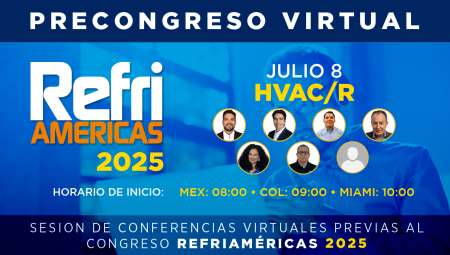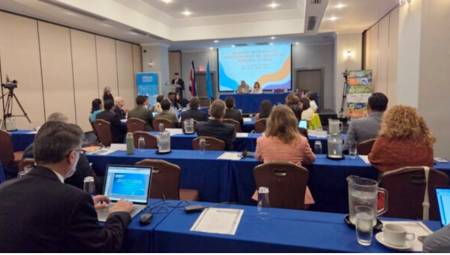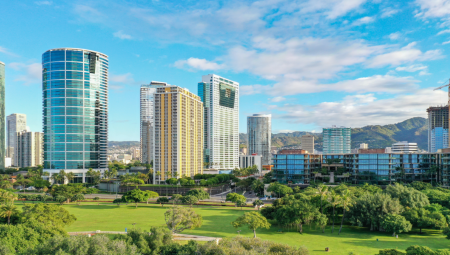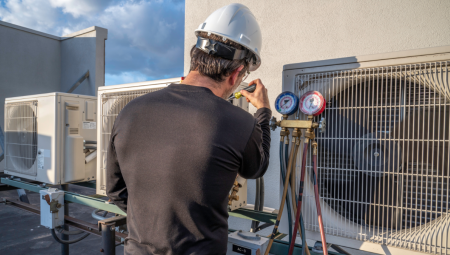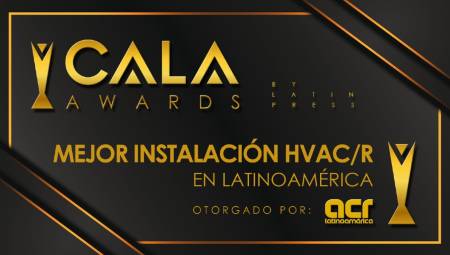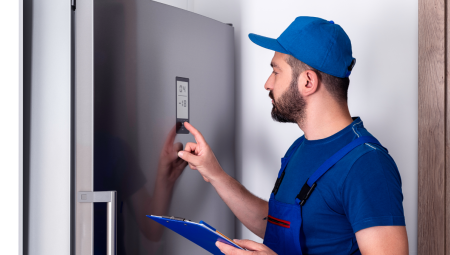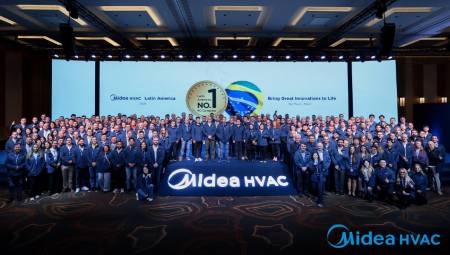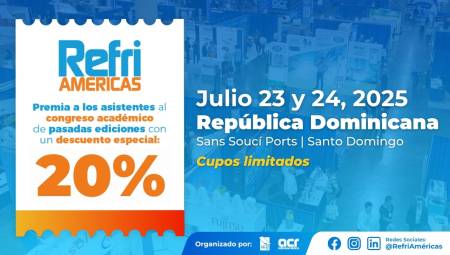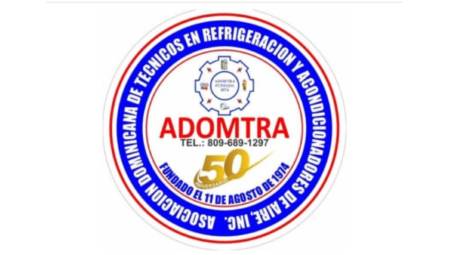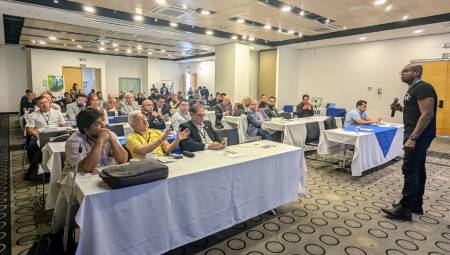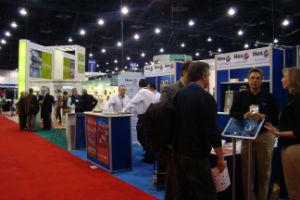 The first fair of the year CVAC/R showed a good panorama. Manufacturers regained trust, commitment to the environment increases, but empiricism in facilities prevails in Latin America.
The first fair of the year CVAC/R showed a good panorama. Manufacturers regained trust, commitment to the environment increases, but empiricism in facilities prevails in Latin America.
by: Ana María Restrepo
The city of Las Vegas hosted in January the 63rd edition of AHR Expo and as if it had been planned with the best care, even the weather was in line with the event: icy and dry winds on a scale of six to zero degrees Celsius accompanied the three days of the fair, from January 31 to February 2, 2011.
More than 34,000 attendees and 20,000 exhibitors gathered at the Las Vegas Convention Center to learn about the news and developments of the 1,938 exhibiting companies in the CVAC/R industry. This version, which has been the largest in the Western region of the United States, also exceeded the number of attendees of the previous versions and had the participation of 200 new companies and 400 international companies from 31 countries.
Additionally, AHR provided 130 conferences and workshops that dealt with industry issues, 31 free sessions given by various associations and organizations, 73 presentations of new products, as well as sessions of new technologies, advances, among others.
New year, better panorama
This 2011 for most of the exhibiting companies, as well as for the attendees, shows a better scenario when talking about the economy and, above all, the incursion of new technologies and the opening of new markets; not to mention the high exposure of "green" products that flooded the pavilions and were the center of the largest number of business presentations.
The countries that attracted the most attention for the participation of companies were China and Brazil. The first was present with several stands located by sections in the different pavilions and Brazil had its representation in the north hall.
The points to improve
Although the industry presented a better face this year at AHR Expo and most companies are expanding their borders, there is an issue that continues to worry the Latin American market, even more so when in the region little is done to be certified in installation and maintenance processes, and when the institutes and associations that do so do not make a presence in most countries.
In addition to this is the empiricism with which many technicians work, with knowledge learned through the recognized trial-error technique and by the transmission of experiences from generation to generation.
Latin America is a region that is characterized because most of its technicians have been made at the point of effort, work and of course experience; many of them have an extensive know-how that has allowed them to learn from new technologies, however they also require training and greater education to avoid making mistakes that are then difficult to correct.
How they see empiricism
The above mention is supported by Carlo Pedreschi, CAC sales & marketing manager at Samsung Electronics, who comments that most technicians make their way into the industry on their own, believing they know all the minutiae.
However, Carlo explains that as a manufacturer of air conditioners they are trying to certify the installers and the authorized workshops that use their products in order to guarantee the quality in the installation and that the final customer has a greater satisfaction with their solutions.
Richard Apodaca, Sales and Export Manager at Uniweld Products, says that for example from the field of welding, technicians are not trained and learn according to what their colleagues teach them without knowing or understanding the risks and safety rules to protect themselves and those around them.
For his part, Caio Brandao, director of International Sales of Duro Dyne, explained that they seek to train all their representatives in the different territories, especially when they present new products, they also have technical and educational information that helps their technical department to solve problems, which also gives support and training to integrators, installers and end users. This mitigates the empiricism in the industry a bit.
What should be done?
Answering this question is simple: train them, train them, give them the knowledge, and the professionals interviewed support this answer.
Richard Apodaca explains that there are several companies that do give courses and seminars, as well as training on products and technologies. "The most important thing is that technicians learn how to handle the products, how to install them, and that they consciously read the instructions so that they understand the differentiations and use the right equipment."
He also comments that sometimes the failure in education occurs when distributors in other regions do not carry out the necessary trainings.
"80% of the time a claim is made in a system is given for bad installation, either because they did not do the proper study, the pipe is not ideal, they did not tighten a nut well and have a leak, etc" says Carlo, so he considers it vital that manufacturers, as well as distributors intensify the courses.
Education in Latin America
But it is not only the responsibility of manufacturers, distributors and others, the CVAC/ R industry is also responsible, that is why there are some institutes such as ASHRAE, AHRI and NATE that seek to certify technicians, the problem lies in the fact that in Latin America these institutes and associations are scarce, and those that exist do not meet the demand in the region.
Apodaca explains that it is necessary to have institutes that provide training in the different Latin countries, since it is the main way to reach the technicians and give them the information for their own protection and the use of the equipment.
Caio also believes, who assures that the institutes can guide on the use of the equipment, show how to do things according to the standards. "The official bodies present the best way to train professionals and technicians, even more so when they certify technicians."
It should be noted that in the region there are some events that seek the training of industry professionals such as RefriAméricas, Expoacaire, Siraa, Frío Tecnología, Febrava, among others; however, itinerant trainings should be carried out, as well as certification processes that allow the participation of industry actors in other countries.
The next version of AHR Expo will be held january 23-25, 2012 in Chicago, United States.


